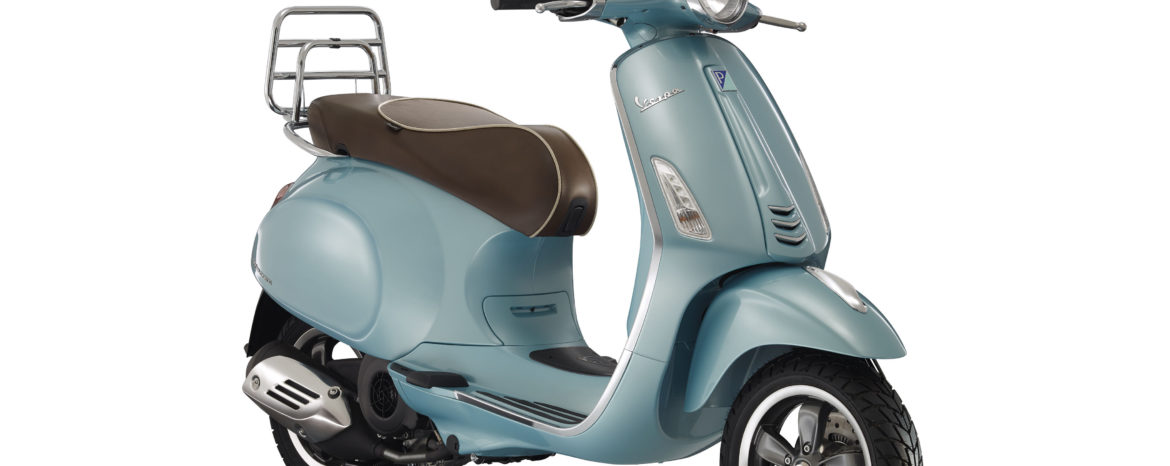The Vespa design has been known since its inception in 1946 for its creative character and artistic value as an icon of Italian way of life. It is one of the most popular motorbike and consequently it’s been imitated and copied by competitors throughout the years.
The sentence is the final act of a dispute originated in 2013 when, during the Milan Eicma Show, Guardia di Finanza seized 11 counterfeited scooters that replicate the design of the Vespa. In particular, the Ves model scooter, produced by a Chinese company, is very similar to Vespa in shape, brand and even name.
The Chinese company Zhejang Zhongneng Industry Group, involved in the confiscation, filed a lawsuit against Piaggio in front of Court of Turin, requesting the cancellation of the trademark constituted by the three-dimensional shape of the scooter and the inexistence of copyright.
On April 6th 2017, Court of Turin recognized Piaggio’s right to protect the image, form and product of Vespa and the attributed value of “three-dimensional trademark”. According to the Court, this is not a form imposed by the nature of the product, nor is it necessary to achieve a technical result.
The sentence was eventually confirmed by the Court of Appeal of the Court of Turin, which rejected the requests of Zhejiang Zhongneng Industry, attributing to the icon of Italian artistic design, the qualification of object of three-dimensional trademark and work of copyright.
The revolutionary decision, in addition to protecting copyright for a design work, affirms the principle that the shape of a product can become a trademark. The characteristic figure of the Vespa, the iconic Piaggio scooter, can be protected as any brand that can be registered and cannot be copied. The distinctive shape of the unique lines of the Vespa, are a sort of three-dimensional mark and therefore not imitable.
Over the years Vespa style has served as inspiration for numerous models produced by competing motorcycle manufacturers. Piaggio has repeatedly found itself having to protect its design from companies around the world. In the past, in addition to Chinese companies, the Indian company LML tried to copy it and more recently, during the Eicma show in Milan, Piaggio reported a German company, noticing the counterfeiting nature of the products on display. We hope that the precedent established by the judges of Turin can serve as deterrent for competing companies that keep producing miserable imitations of the Vespa.


